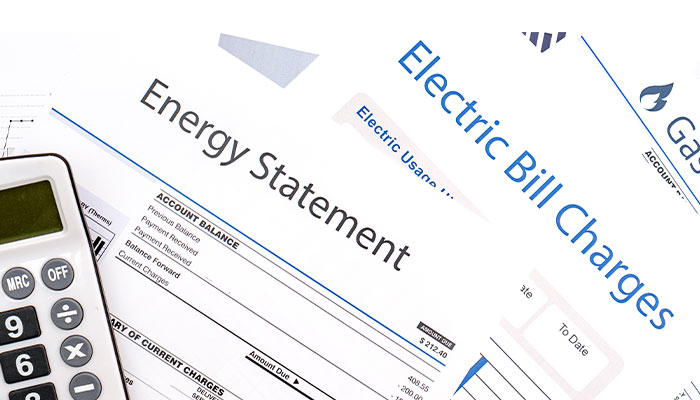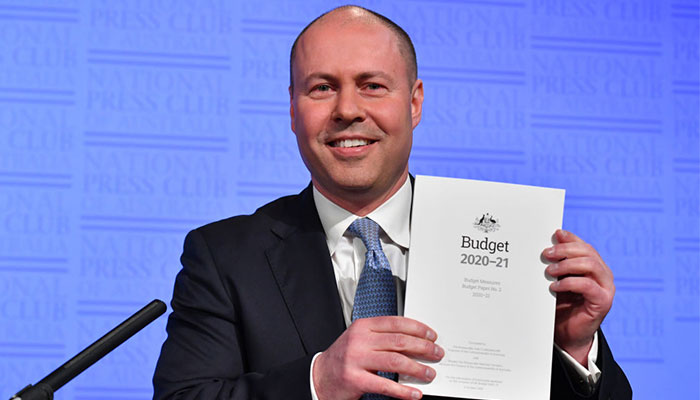The Government’s announcement that JobKeeper and JobSeeker payments will continue in reduced form beyond September will be welcome news to thousands of Australians relying on them, although the reductions will mean financial hardship for many.

It is useful to remember just how extraordinary this decision is. The current government was re-elected on a platform opposing increases in taxation and government spending and committed to defending a surplus.
Now, after seven years in office, it has yet to produce a surplus and is overseeing a substantial increase in spending. That change reflects the reality of COVID-19, but also the fragility of our current, very low-spending model of social protection, suggesting a permanent change is needed.
The change in tack is to be welcomed as governments need to adapt to changing circumstances. Attempting to rein in spending now, when the economy is weak and health concerns remain real, would bankrupt viable businesses and plunge thousands into poverty. It would do little to help the budget bottom line because taxes would fall further in a weakened economy. The reduction in both payments remains risky, but much less so than allowing the payments to end entirely.
Missed opportunity
The extended schemes also continue important omissions. Many casual workers and temporary residents (including international students) are still left out. We know that is causing real hardship, including long lines at food banks. This is a missed opportunity to close those gaps.
Extending financial assistance reveals a surprising political insight. We often think of the economy and the welfare state as quite separate. We now see social protection is not only vital for workers and households, it is key to the economy. And our existing social policies are simply not up to the task of the 21st century.
Australia’s unemployment benefit is woefully inadequate and one of the stingiest in the developed world. It was designed for a different economy – one dominated by fulltime jobs and where unemployment was low and short term. Instead of adjusting the payment to support workers in a more difficult job market, it has become meaner and stingier.
The unemployment benefit does little to keep people out of poverty, it does even less to help people manage the risks of an insecure job market.
The very low rate of Newstart (the unemployment benefit before JobSeeker) left most recipients in poverty. While in real need, the unemployed are a politically weak constituency, often demonised in the media and lacking institutional power.
However, as thousands were thrown into unemployment by the crisis, the government was forced to act. The latest decision acknowledges high unemployment will not decline rapidly, but it also reveals a permanent increase in the rate is ultimately needed.
The unemployment benefit does little to keep people out of poverty, it does even less to help people manage the risks of an insecure job market.
We all make long-term financial commitments based on our current income – to take out a mortgage, rent a house or buy a car. The sudden loss of that income, at a time when few other jobs are available, places many at risk of default and debt. Australia’s very low benefit rates offer little protection.

Economic vulnerability
JobKeeper is a response to those insecurities, which if left unchecked would flow through to the financial sector and to house prices, causing a second round of economic crisis. As banks begin to restart mortgage repayments and landlords end rent waivers, the economy is especially vulnerable.
Reducing JobKeeper worsens those vulnerabilities. The lower rate and reintroduced sanctions potentially create pressures to lower wages and job quality. Even so, ending the payments would have been catastrophic.
However, JobKeeper was an emergency scheme. Policy makers did not have time for nuance. In supporting everyone, Treasury found JobKeeper kept failing businesses afloat and did not always reflect the income fall for workers.
The two-tier scheme starts to address those problems by moving towards an insurance model that links the level of support to a worker’s previous income.
- Rising whale numbers a bonus for Sydney citizen scientists
- Property peril: true state of hte real estate market kept under wraps
Ironically, this looks more like the kind of scheme initially advocated by unions, which is common overseas, although by reducing support for part-time workers rather than increasing it for full-time workers to match international norms.
The ongoing COVID-19 crisis makes the problems with the previous unemployment benefit more obvious, but the problems were already there and getting worse.
Low payments create poverty. Increases in household debt alongside underemployment (where people have some, but not enough work), create growing pressures for households to manage their finances.
If those pressures become too great, they threaten our entire economy. In evaluating these extensions, we should keep those risks in mind.




